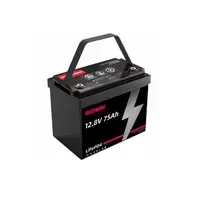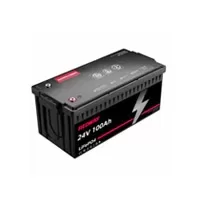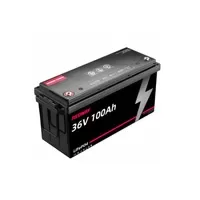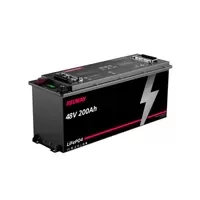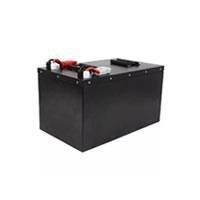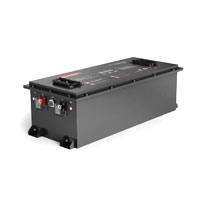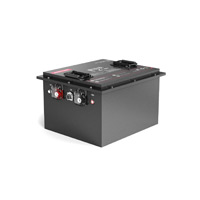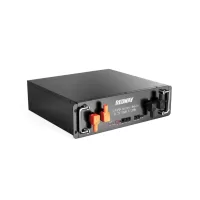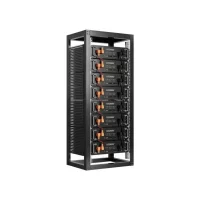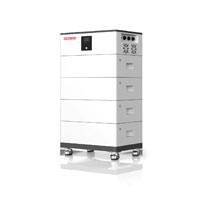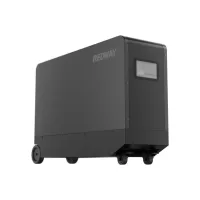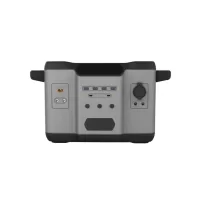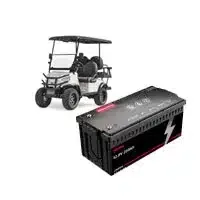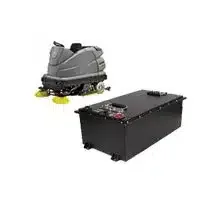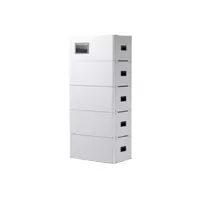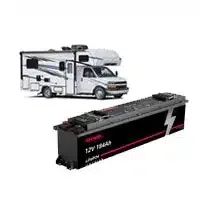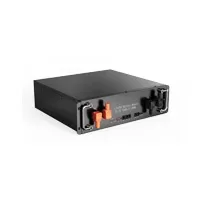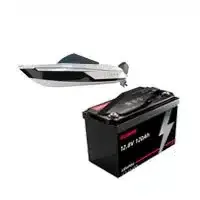Welcome to our blog! If you’ve admired the beauty and functionality of solar lights, you know they transform outdoor spaces using solar power. Ever wondered about the batteries powering these lights? In this article, we’ll explore the importance of solar light batteries and whether they need recharging. So, grab your favorite beverage, sit back, and let’s shed light on this electrifying topic!
The Importance of Solar Light Batteries
Solar light batteries are essential for the functionality and efficiency of solar-powered lights. They store sunlight during the day, ensuring lights can operate at night. Let’s explore the key reasons why these batteries are crucial.
- Clean and Renewable Energy:
- Solar light batteries provide clean energy generated from sunlight, reducing carbon footprint and conserving natural resources.
- Unlike traditional lighting systems relying on fossil fuels, solar lights contribute to environmentally friendly practices.
- Long-Term Cost Savings:
- While rechargeable solar light batteries may have higher upfront costs, they offer long-term savings by lasting several years.
- Choosing rechargeable options reduces the need for constant replacement, saving money and minimizing waste.
- Consistent Illumination:
- Reliable rechargeable or replaceable batteries ensure consistent illumination throughout the night.
- Quality solar light batteries store sufficient energy to power outdoor lights without dimming or flickering.
- Considerations for Choosing Batteries:
- When selecting batteries, factors such as capacity, voltage compatibility, and overall durability are crucial.
- Opting for reputable brands ensures better performance and longer battery life.
- Regular Maintenance for Longevity:
- Maximizing the lifespan of solar light batteries requires regular maintenance.
- Keeping batteries clean from dust and checking for corrosion or damage in connections and wires is advisable.
Investing in high-quality rechargeable batteries benefits both your wallet and the environment. Whether you’re buying new solar-powered lights or replacing old ones, choosing models with rechargeable battery options is a sustainable choice.
Types of Solar Light Batteries
When it comes to solar light batteries, various types cater to different needs. Let’s explore the options available in the market to help you make an informed decision.
- Nickel-Cadmium (NiCd) Batteries:
- Known for durability and tolerance to extreme temperatures.
- Faces the “memory effect,” reducing overall capacity over time.
- Nickel-Metal Hydride (NiMH) Batteries:
- Improved version of NiCd batteries with higher energy density.
- Offers a longer lifespan, making them more efficient.
- Lithium-Ion (Li-ion) Batteries:
- Gaining popularity for high energy density and lightweight design.
- Provides extended runtimes and quick recharging.
- Lead-Acid Batteries:
- Less common in solar lights but used in specific cost-effective scenarios.
- May be chosen when longevity or efficiency is not the primary concern.
It’s crucial to be aware that not all solar lights come with rechargeable batteries. Some may require separate purchases, and others might be designed for non-rechargeable options like alkaline or lithium primary cells. Understanding these battery types empowers you to choose the right option for your specific needs and budget.
Rechargeable vs Non-Rechargeable Batteries
Choosing the right type of battery for your solar lights involves deciding between rechargeable and non-rechargeable options. Let’s explore the key factors to help you make an informed decision.
- Rechargeable Batteries:
- Advantages include multiple uses, cost savings, and waste reduction.
- No constant need for new purchases; rechargeable batteries offer a sustainable and economical choice.
- Non-Rechargeable Batteries:
- Typically cheaper upfront but may incur higher long-term costs due to replacements.
- Offers a higher initial burst of power and greater reliability in extreme weather conditions.
- Considerations for Decision:
- Evaluate factors such as cost-effectiveness, convenience, environmental impact, and specific solar light requirements.
- Your choice between rechargeable and non-rechargeable batteries should align with individual needs and preferences.
Remember, regardless of the chosen option, proper maintenance is crucial for maximizing the longevity and performance of your solar light batteries.
Factors to Consider When Choosing Solar Light Batteries
Choosing the right solar light batteries involves considering various factors. Let’s explore key considerations to ensure optimal performance for your solar lighting.
- Capacity:
- Capacity determines how much energy a battery can store for consistent illumination.
- Higher capacity batteries generally offer longer-lasting and more reliable performance.
- Battery Type:
- Explore different types like lithium-ion, NiMH, and lead-acid, each with unique advantages.
- Select the battery type that aligns with your specific requirements and preferences.
- Charging Time:
- Efficient charging is crucial; consider sunlight availability and battery capacity.
- Choose a battery that charges within your desired timeframe for reliable functionality.
- Durability:
- Given outdoor exposure, prioritize durable and weather-resistant batteries.
- Look for high IP ratings or protective casings to withstand harsh environmental conditions.
- Cost-effectiveness:
- While rechargeable batteries may have higher upfront costs, they prove cost-effective in the long run.
- Their ability to be recharged multiple times offsets initial expenses.
- Eco-friendliness:
- Opting for rechargeable solar light batteries contributes to eco-friendliness.
- Reduce environmental impact by choosing batteries that support sustainable energy practices.
Maintenance and Longevity of Solar Light Batteries
Ensuring the longevity and peak performance of your solar light batteries requires proper maintenance. Let’s explore key factors to consider for optimal care:
- Regular Cleaning:
- Periodically clean solar panels to remove dust and debris, ensuring maximum efficiency.
- Use a soft cloth or sponge with mild soap and water to maintain clear and effective solar absorption.
- Protection from Weather Conditions:
- While designed for outdoor use, protect batteries from prolonged exposure to extreme weather.
- Install lights in areas that offer some shelter from harsh conditions to safeguard battery performance.
- Battery Replacement:
- Rechargeable solar light batteries have a limited lifespan, typically 1-3 years depending on usage.
- Monitor battery health and be prepared for replacement to maintain consistent lighting quality.
- Optimal Charging Practices:
- Allow batteries sufficient daylight charging time for maximum longevity.
- Avoid shading solar panels with objects that could interfere with the charging process.
- Seasonal Adjustments:
- In regions with varying sunlight intensity throughout the year, consider adjusting light placement.
- Use alternative lighting sources during seasons of reduced sunlight for continuous illumination.
By incorporating these maintenance practices, you’ll contribute to the extended life and reliable performance of your solar light batteries, keeping your outdoor spaces well-lit and inviting.


